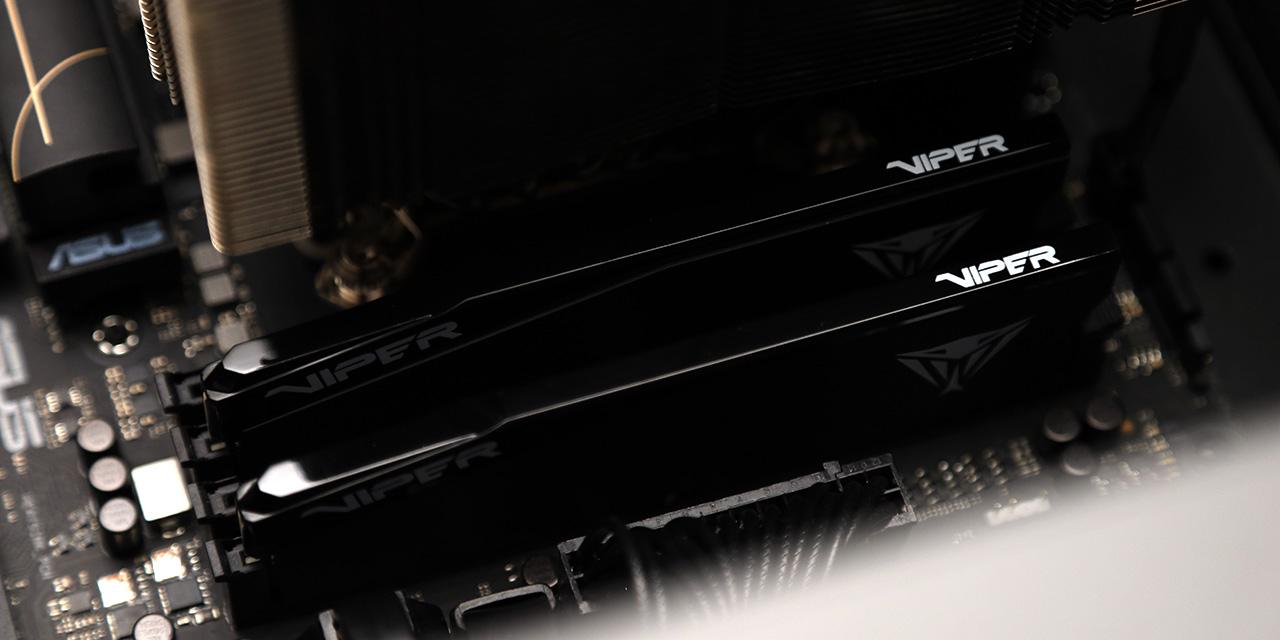|
From X-bit Labs: ARM this week disclosed technical details of its new ARMv8 architecture, the first ARM architecture to include a 64-bit instruction set. ARMv8 broadens the ARM architecture to embrace 64-bit processing and extends virtual addressing, building on the rich heritage of the 32-bit ARMv7 architecture upon which market leading cores such as the Cortex-A9 and Cortex-A15 processors are built. “With our increasingly connected world, the market for 32-bit processing continues to expand and evolve creating new opportunities for 32-bit ARMv7 based processors in embedded, real-time and open application platforms. We believe the ARMv8 architecture is ideally suited to enable the ARM partnership to continue to grow in 32-bit application spaces and bring diverse, innovative and energy-efficient solutions to 64-bit processing markets,” said Mike Muller, chief technology officer of ARM. The ARMv8 architecture consists of two main execution states, AArch64 and AArch32. The AArch64 execution state introduces a new instruction set, A64 for 64-bit processing. The AArch32 state supports the existing ARM instruction set. The key features of the current ARMv7 architecture, including TrustZone, virtualization and NEON advanced SIMD, are maintained or extended in the ARMv8 architecture. Building on the industry standard 32-bit ARM architecture, the new ARMv8 architecture will expand the reach of ARM processor-based solutions into consumer and enterprise applications where extended virtual addressing and 64-bit data processing are required. "ARM is an important partner for Microsoft. The evolution of ARM to support a 64-bit architecture is a significant development for ARM and for the ARM ecosystem. We look forward to witnessing this technology's potential to enhance future ARM-based solutions," said KD Hallman, a general manager at Microsoft. In support of the introduction of the ARMv8 architecture, ARM is working to ensure a robust design ecosystem to support the 64-bit instruction set. The ARM compiler and Fast Models with ARMv8 support have already been made available to key ecosystem partners. Initial support for a range of open source operating systems, applications and third-party tools is already in development. Working together the ARM partnership is collaborating to accelerate development of a 64-bit ecosystem, in many cases as a natural extension to the broad ecosystem in place to support ARMv7 based devices in the market today. View: Article @ Source Site |
 |
ARM Unleashes ARMv8 64-Bit Architecture
© Since 2005 APH Networks Inc. All trademarks mentioned are the property of their respective owners.





